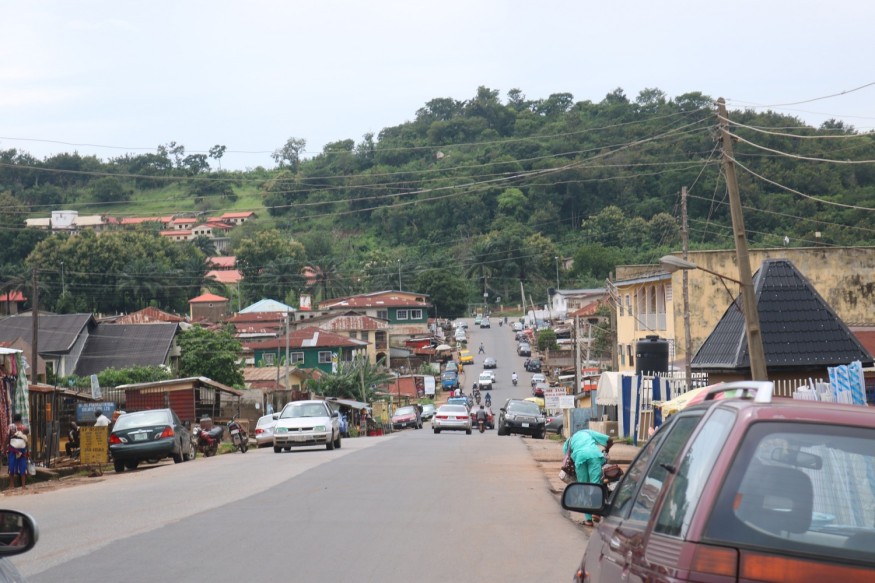
Known as the Giant of Africa, Nigeria is home to a good number of nature reserves and has been steadily increasing the number of other environmentally protected areas. This massive country boasts eleven protected wetlands, eight national parks and 445 forest reserves.
Despite this, the country continues to face an even higher number of challenges that make it difficult to maintain the integrity of these sensitive ecological zones.
The government is also devising solutions to overcome these challenges. Here is a brief summary of what the government has done right, followed by the shortcomings.
Highs - Nigeria shows environment consciousness
Both the people and the government are highly aware of their region's rich heritage of biodiversity and have historically taken many steps to get the number of protected zones that they have now.
In fact, just recently they nominated its Finima Nature Park as a Ramsar site (a move to place it under an important wetland protection treaty known as the Ramsar Convention).
The Nigerian government has also shown to be very proactive in creating legislation aimed towards environment preservation, particularly in areas of waste management and controlling the impact of human industry on sensitive ecosystems.
It also helps that many of the areas it deems protected are home to a variety of endangered species, such as wild chimpanzees, baboons and even lions. This has given conservation efforts a wider area to work with and, hopefully, restore animal populations.
Lows - Nigeria's environment enforcement lacking
Sadly, while Nigeria has the legislation, it lacks the manpower and the finances to fully enforce them. Resources such as electric power and protective equipment against poachers are also scarce, leaving many of its protected still vulnerable to illegal activities. The funding of conservation projects also has its own share of challenges, particularly corruption and lack of transparency.
Other challenges come in the form of the country's growing industrialization as it becomes increasingly at odds with its history of environmental protection.
Outside its protected zones, much of the country has still been deforested. Many smaller communities have also come into conflict with reserve protection forces.
Combined with the nation's rather turbulent history in the last century, the state of its biodiversity is still very much under threat despite all the laws passed to protect it. Poverty has also played no small role, correlating much with crimes committed against the reserves.
Experts strongly recommend that more transparency must be had regarding funding, followed by a stronger, tangible commitment to protection. That would entail not just a larger force of reserve protection personnel, but also reducing poverty and education regarding the importance of Nigeria's biodiversity.
The more that the people understand the true value of these irreplaceable natural habitats, the more they can willingly commit to saving it for future generations.
© 2026 NatureWorldNews.com All rights reserved. Do not reproduce without permission.





